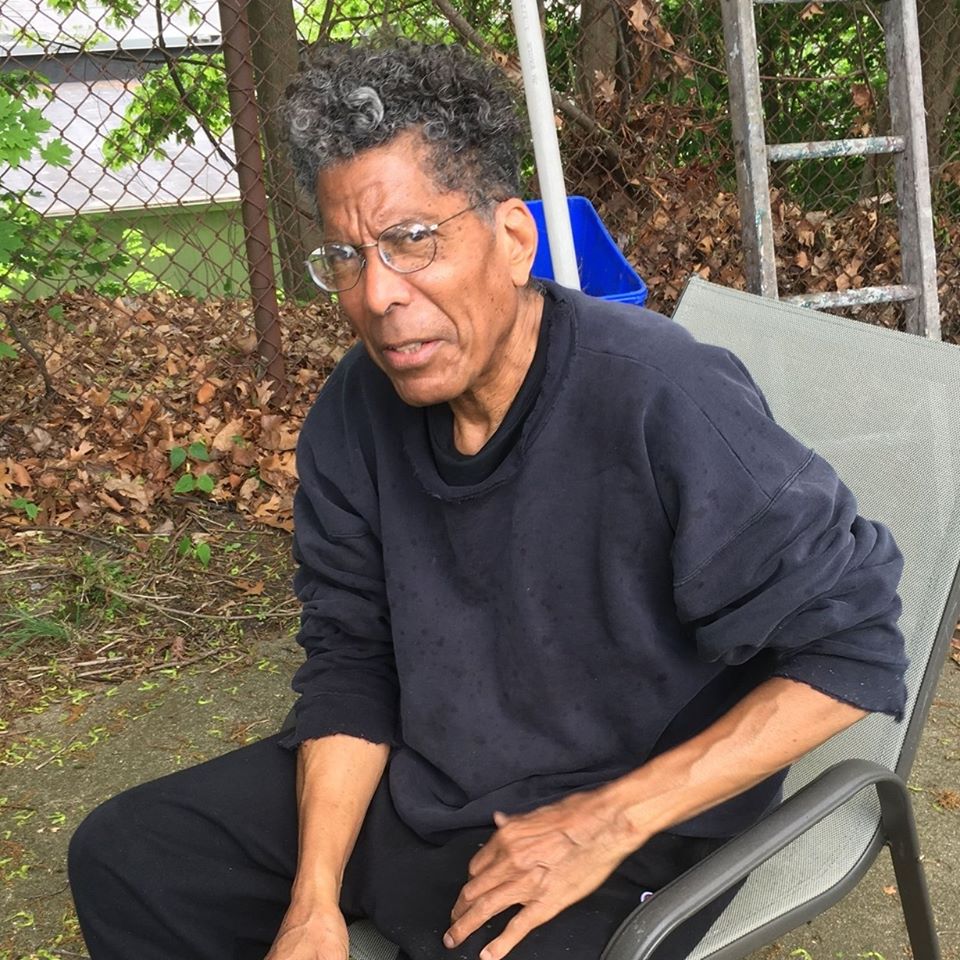African-American Esoteric Sonnets:
An Interruption of Afro-Modernism
An Interruption of Afro-Modernism
Robert Pinsky opines that Hayden’s “Frederick Douglass” is almost a formal sonnet. Pinsky does not bother to unpack the “almost” aspect. In this paper I advance an analysis of the esoteric sonnets written by the literary school that I have named Oragean Modernists. The work of these poets has been labeled Afro-Modernists by critics who have overlooked the existence of the African American esoteric poets who were followers of A.R. Orage (and G.I. Gurdjieff). One of the chief attributes of the works of the Oragean Modernists was the use of intentional mistakes to alert the reader to an esoteric content. The unity / “almost formal” dichotomy will drive my argument. The sonnets of Gwendolyn Brooks, Margaret Walker, Robert Hayden, Melvin Tolson, Frank Yerby, and Owen Dodson have been badly misread, since there has been no awareness of the features of the poems that cast them into a context far different from what they have been allowed. This paper looks at the sonnets as “legominisms”—esoteric poems that can be read as alchemical texts through the application of consistent rules of interpretation. While there were many Oragean Modernist writers, most of their output was in the form of novels by both white and black writers. The uniqueness of this important group of black writers of esoteric sonnets will be explored. Particular attention will be directed to Hayden’s sonnet.
Jon Woodson is a creative writer and Howard University Emeritus Professor of English living in Providence, RI. He is the author of Anthems, Sonnets, and Chants: Recovering the African American Poetry of the 1930s (2011).
